Episode 618
December 5, 2020
There are two ways to facilitate search:
Table of Contents and Index.
A Table of Contents can be found in the beginning of many text books, manuals and catalogues. It lists chapters of major themes. Sometimes there are tabs in the Contents that lead to the Chapter in the book. Sometimes there are subtopics listed under each chapter for finer detail. The Table of Contents is organized hierarchically, like an English outline.
In the back of some books, an Index is an alphabetical list of keywords that point to pages where that word is found. The more keywords that are listed the more complete the Index.
And in such indices, althougo small pricks
To their subsequent volumes, there is seen
The baby figure of the giant mass
Of things to come at large.
— Shakespeare, “Troilus and Cressida”
When looking for a passage in a book i have always preferred an Index to a Table of Contents. i might remember the area of a book or a topic from a chapter title or a subtitle where the passage resides, but finding the passage using a Contents always means thumbing through several pages.
If i can remember a keyword in the phrase, the Index (in the back of the book) will point me to one or more pages where i might find a passage quickly.
Though early search engines indexed web pages, Internet search results were presented as a Table of Contents.
Yahoo presented search solutions in categories such as “Arts and Humanities,” “Business and Economy” and “Computers and Internet.” The user was required to drill down through the categories to find a website. When searching for “The Yellow Rose of Texas” one might follow this path:
Music > Ballads > Minstrel songs > Christy’s Minstrels > “The Yellow Rose of Texas.”
The song might also be found by following this path:
Music > Popular > Best sellers > Mitch Miller > “The Yellow Rose of Texas.”
or
Music > Country > Gene Autry > “The Yellow Rose of Texas.”
Table of Contents does not allow for comprehensive grouping of items by topic.
Table of Contents searching does have many practical applications. Think of a visit to Home Depot. Hanging from the ceiling over each aisle is a sign with a category of products. Categories such as “Bath,” “Appliances,” “Plumbing,” “Windows,” “Tools” and “Hardware” lead you to the area where you are likely to find your part.
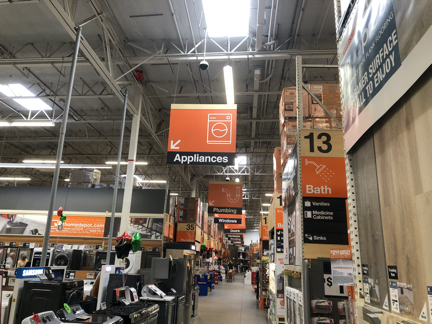 To save time, i like to carry a cell phone set to the local Home Depot website where i can search for the part and get an Indexed result showing the aisle and bin where my part is stocked.
To save time, i like to carry a cell phone set to the local Home Depot website where i can search for the part and get an Indexed result showing the aisle and bin where my part is stocked.
AltaVista (in 1995 by Digital Equipment Corporation) was the first search engine to Index the full text content of web pages. While AltaVista could list websites from a keyword search, its front page was still organized as a Table of Contents catalogue.
Thanks to Larry Page and Sergey Brin, with a large investment from Amazon’s Jeff Bezos, Google emerged as the Indexing champion of the Internet.
Use of Google intelligent BOTS to crawl the Internet created the largest known Index database in the world.
Google (known as BackRub in 1996) dropped the Table of Contents in favor of a keyword search Index.
As Google’s database of Indexed web content grew they surpassed all other search engines because of ease of use and accuracy of search solutions.
Searching was as simple as entering a keyword and viewing a list of solutions.
Ask Jeeves search engine improved on keyword searches by analyzing a question to extract the important words to search.
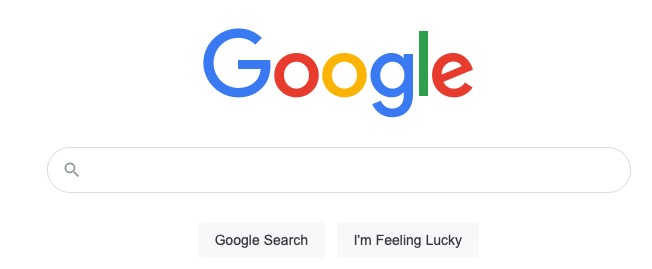 It wasn’t long before Google used Artificial Intelligence (AI) to parse through a question and deliver pertinent results.
It wasn’t long before Google used Artificial Intelligence (AI) to parse through a question and deliver pertinent results.
What finally made Google unparalleled among search engines was Larry Page’s PageRank ranking algorithm.
Instead of relying strictly on keyword search results from their Index, Google counts the number and quality of links to the page. This method gives a rough idea of how important and popular the web page is.
In the end, Indexed results are easy and fast.
 If you want to win a bet with Uncle Fred, you want to look it up on the Internet and find the answer right away.
If you want to win a bet with Uncle Fred, you want to look it up on the Internet and find the answer right away.


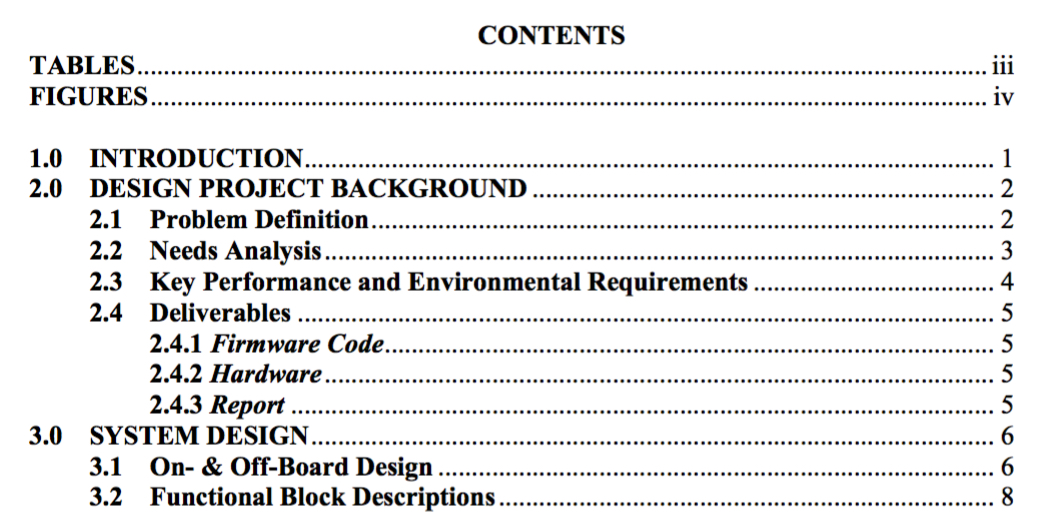
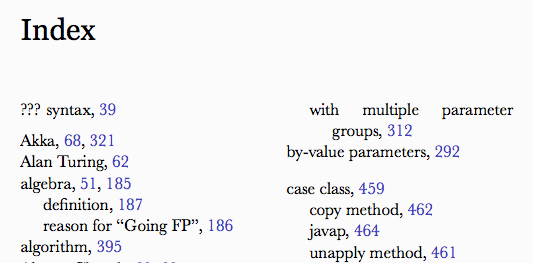
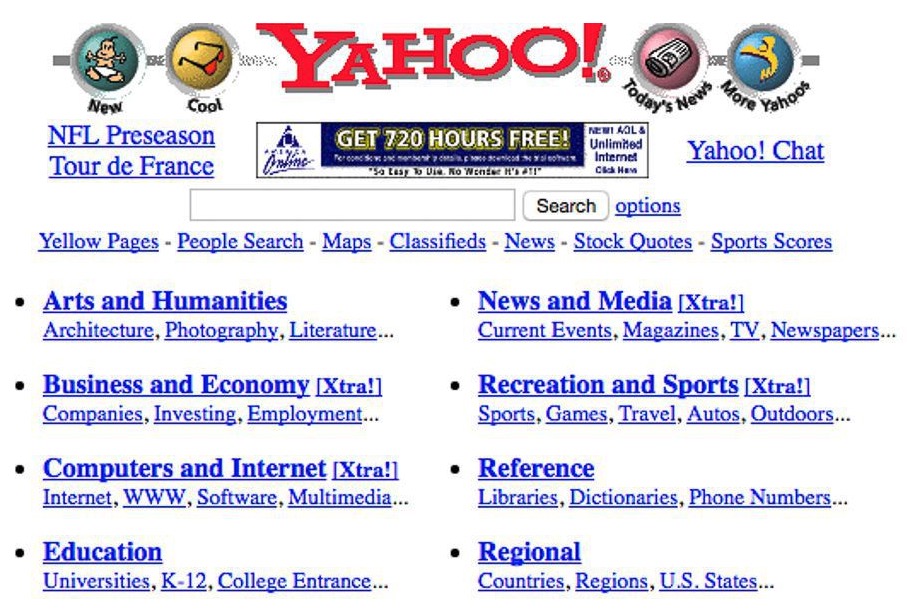
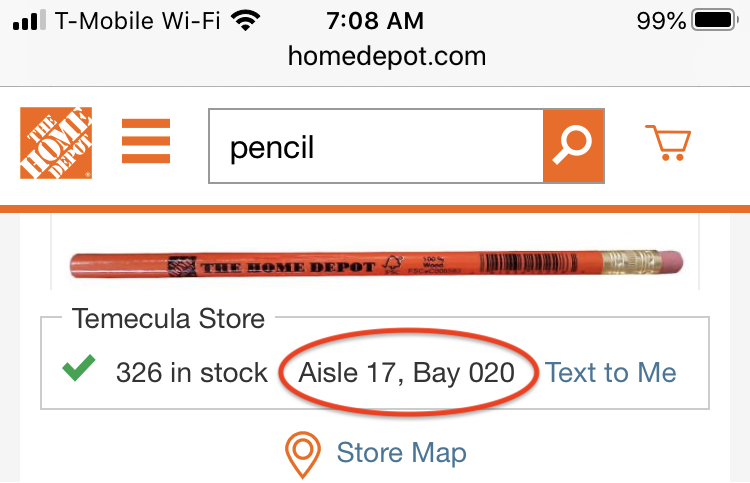
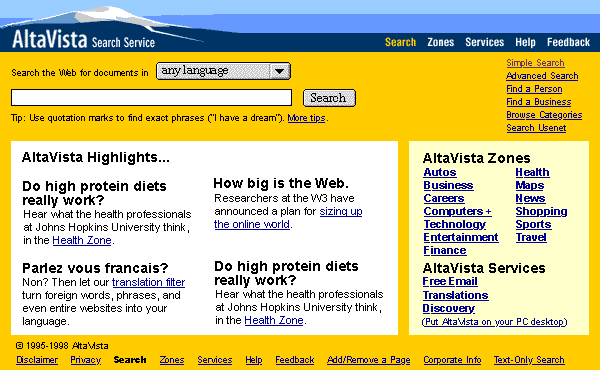
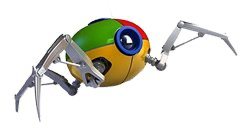
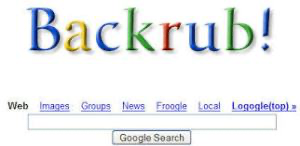

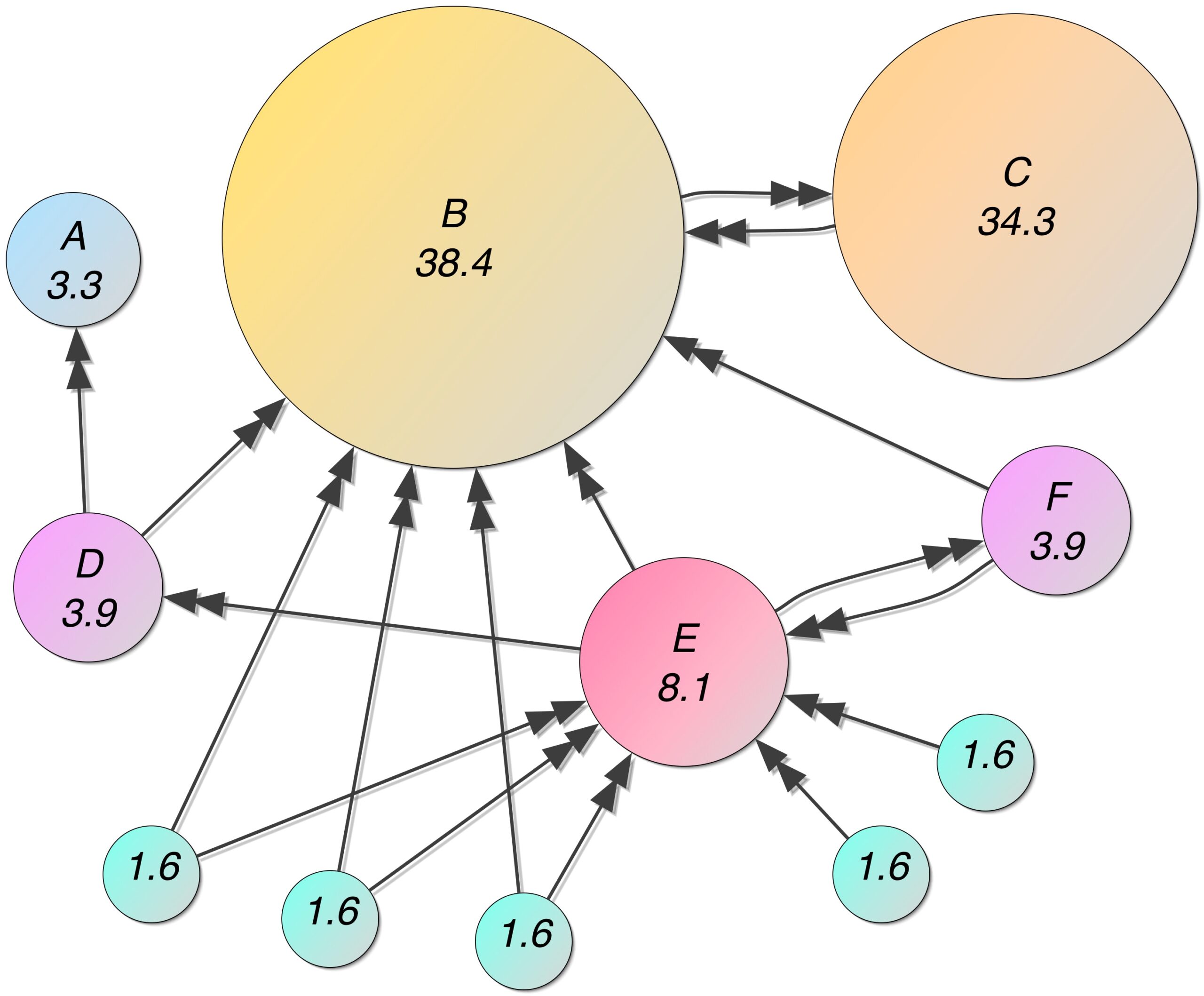


Fascinating history. However, i had to peruse the
Shakespeare quote several times before I got it! Merry
Christmas !